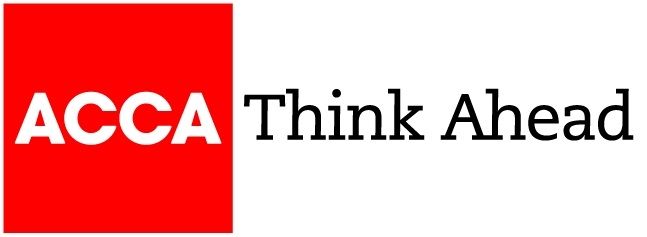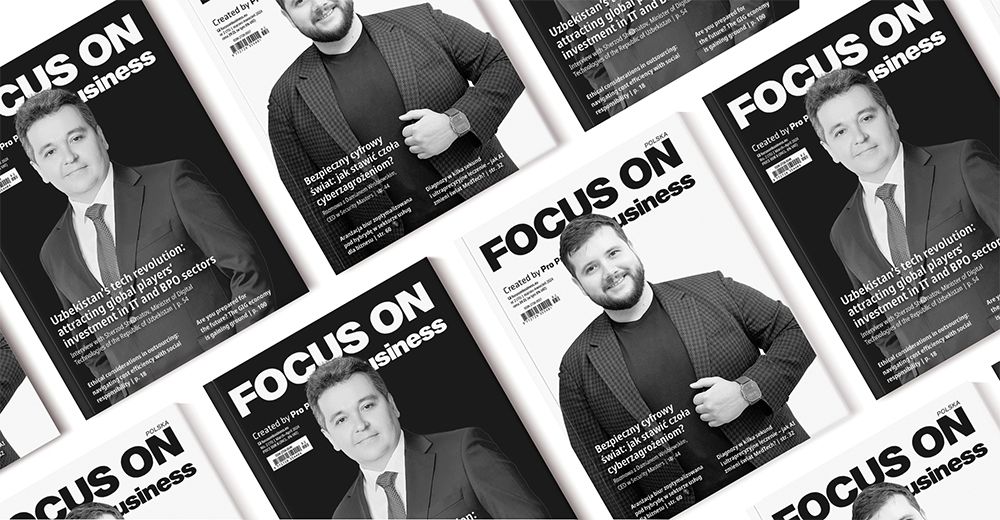Auditing your skillset

As organisations emerge from the pandemic, there is a real opportunity for individuals to embrace new skills to make the most of a candidate-driven job market. Auditing your skillset will help you work out where your expertise can take you next, and identify the areas in which you can improve.
What’s missing?
How do you know what skills you need to support your employer, advise clients or progress along your chosen career path?
‘Self-awareness and a readiness to develop new skills are the primary ingredients when it comes to understanding what skills you are missing,’ says Dannielle Haig, principal business psychologist at DH Consulting.
While a willingness and ability to knuckle down and learn will be familiar to most ACCA members, constructive self-criticism is not easy.
‘Humans aren’t very accurate at self-evaluation,’ Haig says. ‘We have many biases at play that skew our perceptions of ourselves and our place in the world around us. Think about that incredibly capable person you know who has no confidence or understanding of their talent; it works vice versa, too.’
Where next?
There are several self-evaluation tools to help you decide on your next move.
SWOT analysis allows you to look internally and externally, by documenting your strengths, weaknesses, opportunities and threats. ‘Your strengths and weaknesses relate to you internally, whereas opportunities and threats relate to the role and environment you are in and how that will impact you,’ says Emily Button-Lynham, founder and director at Emily Button Creative, who offers career coaching for women to make the most of their options.
‘Once you’ve listed these, it’s important to work out which weaknesses you need to work on and turn into opportunities, based on your career goals. Successful people focus on levelling up their strengths and understanding their USPs, as these set them apart from the crowd and are the core things people think about them.’
Haig recommends a 360-degree review, in which you receive honest feedback from peers, seniors and your direct reports. ‘This is a very useful exercise when it comes to understanding how you are perceived by others and provides you with a better-rounded understanding of yourself,’ she says.
Identify super strengths
Button-Lynham suggests seeking feedback pertaining to your strengths to see how they compare to your SWOT, and highlighting the top three. ‘Those are your super strengths, which you should focus on taking to the next level through further practice and development,’ she says.








